

Dr Willow Hallgren
As societies, and economies around the world continue to be ravaged by the worst pandemic in a century, we are reminded that human societies and the welfare of their citizens are inextricably linked to the health and wellbeing of the planet’s ecosystems.
A recent WWF report states that ‘the frequency and number of new zoonotic diseases, originating in animals and transmitted to people, has risen drastically over the last century… Every year, around three to four new zoonotic diseases are emerging.’ Since 1990, up to 70 per cent of new diseases in humans have originated in wildlife. The report concludes that the most important drivers for zoonotic diseases like COVID-19 include ‘the destruction of nature, the intensification of agriculture and livestock production, as well as the trading and consumption of high-risk wildlife species’.
What underlies these disease drivers?
The unprecedented human impact on the planet is at the core of the problem. It is the increasing demand for food – including domesticated and wild meat – and materials, from a population of 7.8 billion people. Having passed the seven billion mark in 2011, our species is set to reach eight billion people by 2023, an extra one billion in 12 years, and nine billion more by 2037 – only 17 years away. As living standards improve, so does the amount of meat we want to eat, and stuff we want to own.
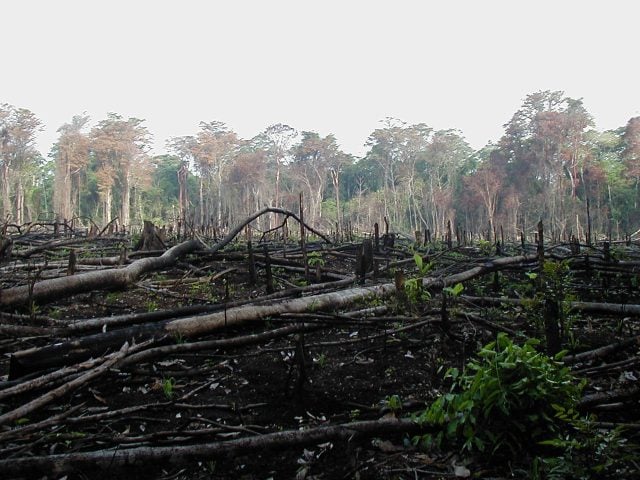
The challenge of feeding this unsustainable human population and its increasing consumption coincides with a surge in climate change and soil loss. Industrialised and local subsistence agriculture systems convert vast tracts of land for agricultural use. A third of the world’s cropland is used to grow feed for livestock to meet the demand for meat. Most habitat loss associated with agriculture is attributed to just three commodities: beef, palm oil and soya beans. Ninty-six per cent of soy grown in the Amazon region is shipped worldwide to feed animals to produce meat for human consumption.
This large scale conversion of land for agriculture has resulted in the accelerating destruction and fragmentation of natural habitats around the world, in particular, primary forests. Since 1990, 178 million hectares of forest have been cleared, equivalent to about one-fifth of Australia.
This habitat fragmentation is a key driver of disease. It is at the edges of disturbed, once-intact natural areas where increased levels of ‘unnatural’ interaction between wildlife, livestock and humans occur. Land clearing for agriculture and urbanisation has brought 70 per cent of forests within one kilometre of a forest edge. This increases fragmentation and the risk of zoonotic diseases emerging.
Leave primary forests alone to lock up potential diseases, away from humans
Deforestation of primary forests and the fragmentation of forests leads to degradation of biodiversity at the forest edge. This can result in ecosystem disruption, involving the loss of higher mammal and bird predators. After clearing, the growth of fast-growing pioneer plant species provides resources for opportunistic species, like rodents and bats, that thrive on the extra food resources and reduced predation. These species can carry many viruses without getting sick – they are good viral hosts.
Roads carved into previously undisturbed forests for logging also provides easier access for bushmeat hunters and poachers. The trade of bushmeat and live wild animals brings species from a range of areas into contact with domestic animals and humans. This has lead to outbreaks of several diseases from ‘zoonotic spillover’, including HIV, Ebola, SARS and COVID-19.
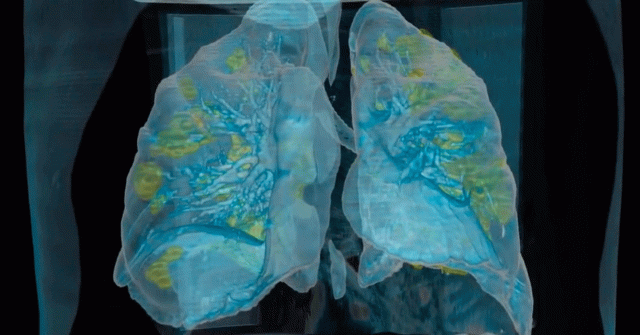
Zoonotic diseases arising from deforestation and urban sprawl
Ebola is one deadly disease that has been transferred to humans from animals. It is highly infectious and frequently fatal. The largest outbreak was in 2014 in Western Africa, where it killed 11,325 people and had a mortality rate of about 50 per cent. The cultivation of crops including cacao, palm oil and rubber is driving extensive forest clearing and widespread fragmentation in West Africa. Research has directly linked this deforestation to the increased likelihood of Ebola outbreaks. Scientists showed how the initial Ebola cases have occurred mostly in hotspots of forest fragmentation.
In many developed countries, including many areas on the east coast of Australia, the process of urban sprawl is often underpinned by the initial removal of wildlife habitat. Scientists are finding strong connections between urban sprawl, habitat fragmentation, the loss of biodiversity, and increased risk of zoonotic disease spillover to people. On the east coast of America, the increase in Lyme disease has been largely driven by the reduction and fragmentation of extensive woodlands, which itself has been driven by urbanisation and agricultural expansion.
Emerging from our own backyard: Hendra Virus
In Australia, Hendra virus is an example of a zoonotic virus that first crossed over to horses, then humans, from native flying foxes in 1994 in southeast QLD and Northern NSW. There have been 62 confirmed or suspected incidences of Hendra virus in horses recorded on the east coast between 1994 and 2019.
Researchers from Griffith University’s Wildlife Disease Ecology group are investigating the impact of habitat changes on the increase of Hendra Virus. They are investigating whether the ongoing loss of small patches of winter-flowering natural habitat, owing to deforestation and land clearing for agriculture and urbanisation, is leading to chronic and acute shortages of the food needed to sustain flying fox migration. The reduction in habitat has changed bat feeding habits, leading to flying foxes moving into towns and cities to take advantage of the more reliable food sources in parks and gardens.
This increase in flying fox roosting sites near human populations, and their domestic animals, leads to increased spillover risk to horses and their human handlers.
Currently, Australia is considered to be the only deforestation hotspot in the developed world, with deforestation rates in Queensland equivalent to those seen in the Amazon basin, the Congo, and Borneo. There is a real possibility that new diseases, arising from viruses or other pathogens, will cross the species barrier if we don’t protect our primary forests and natural ecosystems from logging and urbanisation.
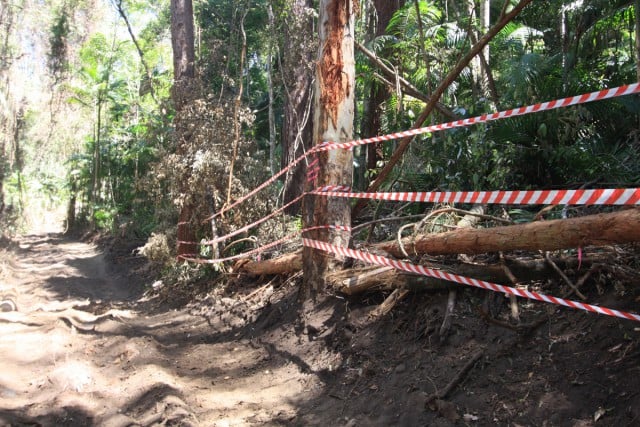
Take home message: Protecting natural ecosystems helps prevent new diseases and potential pandemics
Our individual actions contribute to forest loss here in Australia and around the world. The major cause of deforestation in Australia is the expansion of livestock pasture. Around the world, a huge driver of natural habitat destruction is land clearing to create pasture or to plant commercial crops, including palm oil and soya beans.
Find out if what you are buying is contributing to the problem and use your consumer power. Palm oil plantations are a major contributor to deforestation, so buy products with certified sustainable palm oil.
Find out where the soybeans in your soymilk and tofu were grown. Many soybeans grown in unspecified locations originate from ex-rainforested farmland in the Amazon basin. Eat a lot less meat, and the planet will be healthier.
To protect ourselves and those we love, and to protect our civilisation in the long run, we must protect and restore our forests and their remaining biodiversity – in our backyards, in our region, and on the planet – now. Otherwise, the next pandemic might make us nostalgic for the relative benevolence of COVID-19.
Further reading:
Deforestation leading to more infectious diseases in humans (National Geographic)
Halt destruction of nature or suffer even worse pandemics, say world’s top scientists (The Guardian)
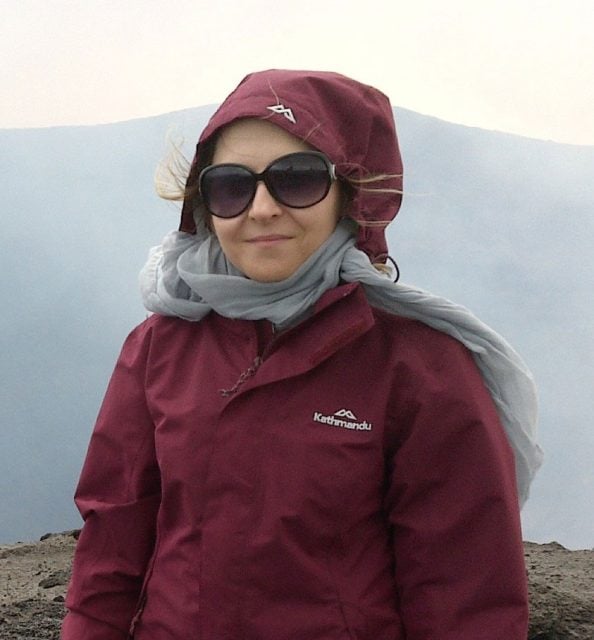
Author
Dr Willow Hallgren is an earth-system scientist who studies the impact of climate change on ecosystems and biodiversity, the feedbacks between vegetation and the climate, and how policy can influence climate change, by changing how we use the land.
Willow has previously worked as a climate and biodiversity scientist in government, industry, and academic roles in both Australia and the USA at the Massachusetts Institute of Technology (MIT). She was also previously the Science editor of Monash University’s student newspaper Lot’s Wife.
She is a city escapee of many years now and is currently hiding out among the hill tribes of the beautiful Tweed Valley.
More Planet Watch articles
Will Morrison’s gas-led recovery delete the IPCC’s belief we need climate...
Most Australians know the news, or have had firsthand experiences themselves, of two years of floods, fires, coastal erosion, and storms, both here and overseas. In fact Australia has warmed on average by 1.44 ± 0.24 °C since national records began in 1910.
‘Unprecedented’ but not unpredicted – we are now suffering from our...
As Australians head into another election season just as many parts of the east coast are recovering from ‘unprecedented’ flooding since February, and the national psyche is still reeling from the trauma of the ‘unprecedented’ Black Summer bushfires before that, it is critical now more than ever to vote according to your environmental conscience and fear for the future.
Ethical investing goes prudential
Ethical investing is the idea of using your money to make the world a better place rather than simply chasing the greatest financial return. It seeks to account for people and planet, not just profit.
On track to three degrees of warming
Our planet has warmed by 1.1 degrees, on average, since the Industrial Revolution, and Australia has warmed by 1.4 degrees since 1910 when records of temperature measurements began.
What’s going on with gas?
David Lowe According to the prime minister, we’re in the midst of a ‘gas-led recovery’. Until about five minutes ago, the gas in question was methane (mostly found using unconventional techniques like fracking) but now he’s also talking about hydrogen,...
Is hydrogen part of a sustainable energy future?
There’s a lot to like about hydrogen. For starters, it’s abundant. Hydrogen can store excess renewable power. When liquified, it’s more energy intense than fossil alternatives. In a fuel cell, it can generate electricity. When it’s burned, the only by-product is water.
Human activity, climate change risk more pandemics
New research has revealed climate change, environmental degradation and human activity are creating a perfect storm for more deadly pandemics like COVID-19. Scientists from the University of Western Australia (UWA) say COVID-19 has highlighted the critical need to reduce human impacts...
Planet Watch: Environmentally sound building
Globally, buildings are responsible for a massive share of energy and material consumption. Sustainable building movements are trying to change this, some by going back to the past, and some by diving head-first into the future.
Planet Watch: Are humans the disease?
Humans have told a lot of stories about how awesome we are, but there's one emerging hypothesis that casts our species in a very anti-heroic light. In terms of the planet, are we behaving like a disease?
Planet Watch – Top three environmental issues
With so many environmental crises occurring, it’s hard to focus on just three issues to provide an update to Planet Watch readers – but here's our top three...





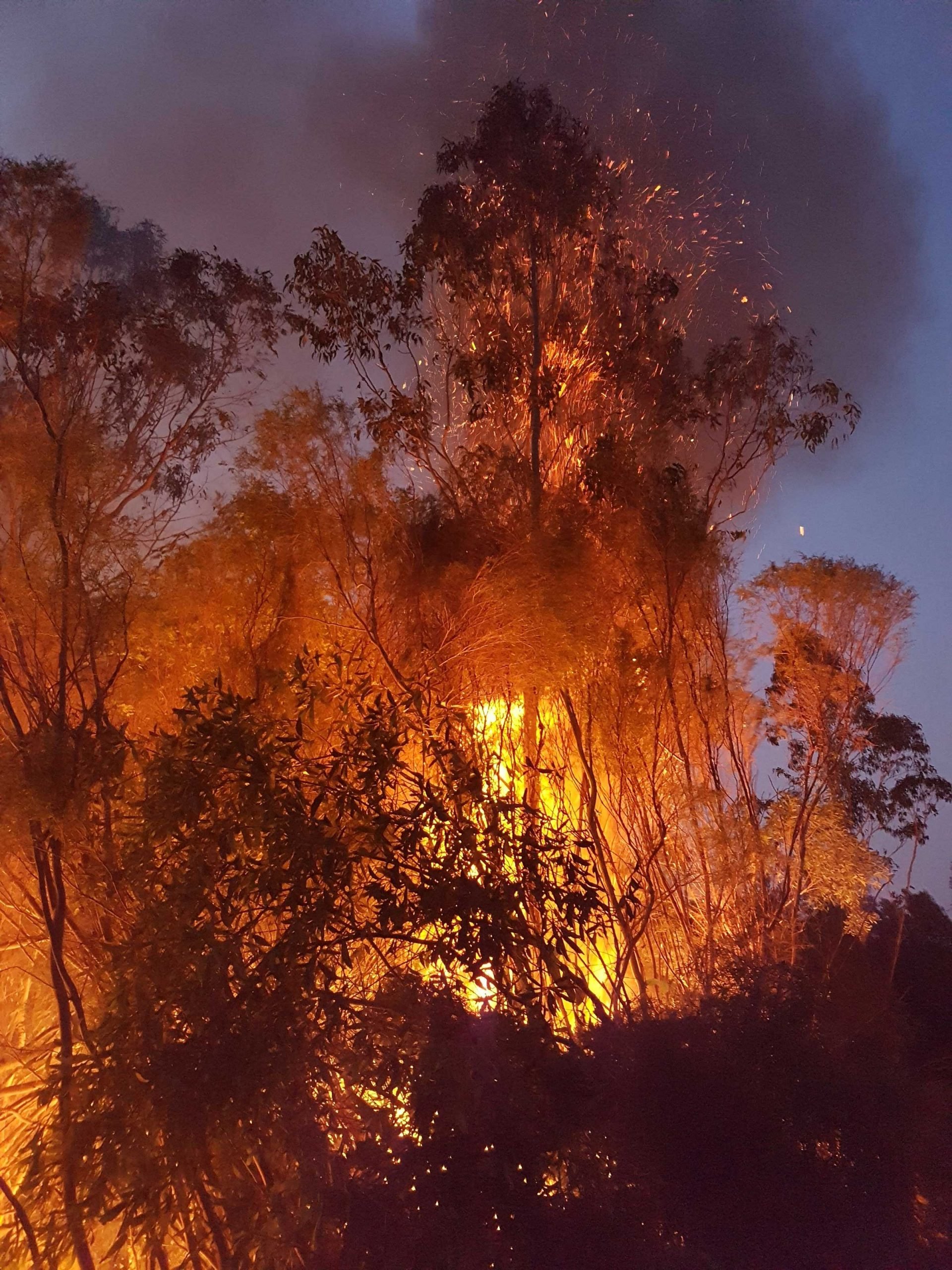


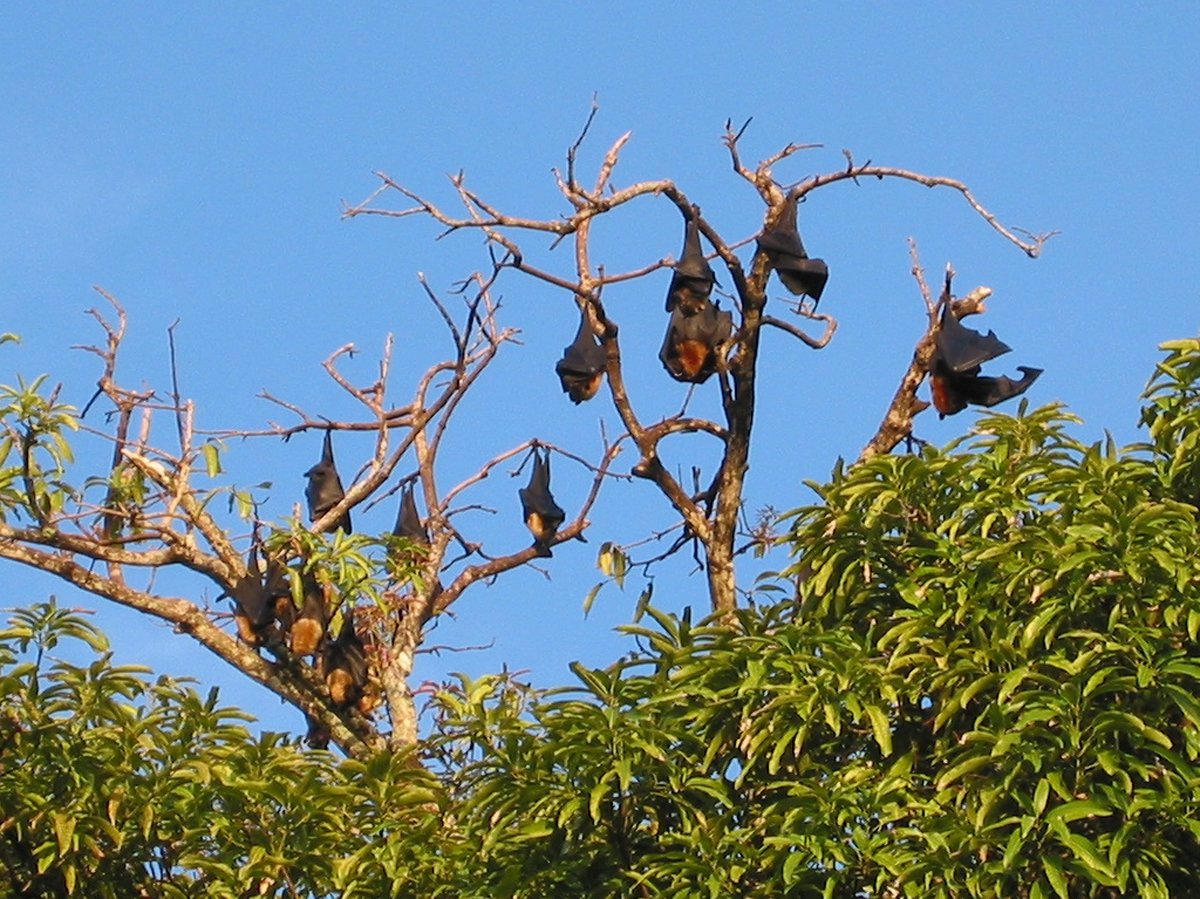




Thank You sooooo much, once again to our beloved Echo local newspaper & all your team, for your intelligent & compassionate article Planet Watch -Deforestation.What a tragedy it is that we rarely get to read such honest & courageous insights into the state of the planet we are doing our best to destroy. We have known about climate change for about 50 yrs , yet still mediocrity is acting like nothing has changed? The ongoing logging of our precious native forests that leave wildlife homeless BREAKS MY HEART. Then there’s Covid which is the direct result of our arrogance/hubris and cruelty. We have taken all of the planets wild & once pristine places & turned them into barren, eroded & toxic wastelands.We have consumed far more than we ever need & are still insatiable.We have stolen the land that is essential to the survival of other sentient beings & I don’t see this mindset changing anytime soon.Our species has not learnt from our shameful history & the planet will be much relieved when we are all gone.
Mankind in its disease-like burgeoning spread plods on like an elephant in a China shop hoofing its pads physically and recklessly forward over nature smashing nature and trampling it, pushing into the future and leaving its footprint to clumsily push the world backwards. Forwards, men. Which way is that?
Thanks again, Dr Willow.
Thank you all for such great feedback – I really appreciate these comments. Nice to know I’m getting the message across – certainly these are hard truths to stomach but only by acknowledging the grim reality can we implement an adequate solution.
OVERVIEW (Stefanie Bennett)
Watching the storm cloud
roll up its sleeves above
the serialised splash
of an ever-changing
cosmos
… the Thunderbird dives
for cover.